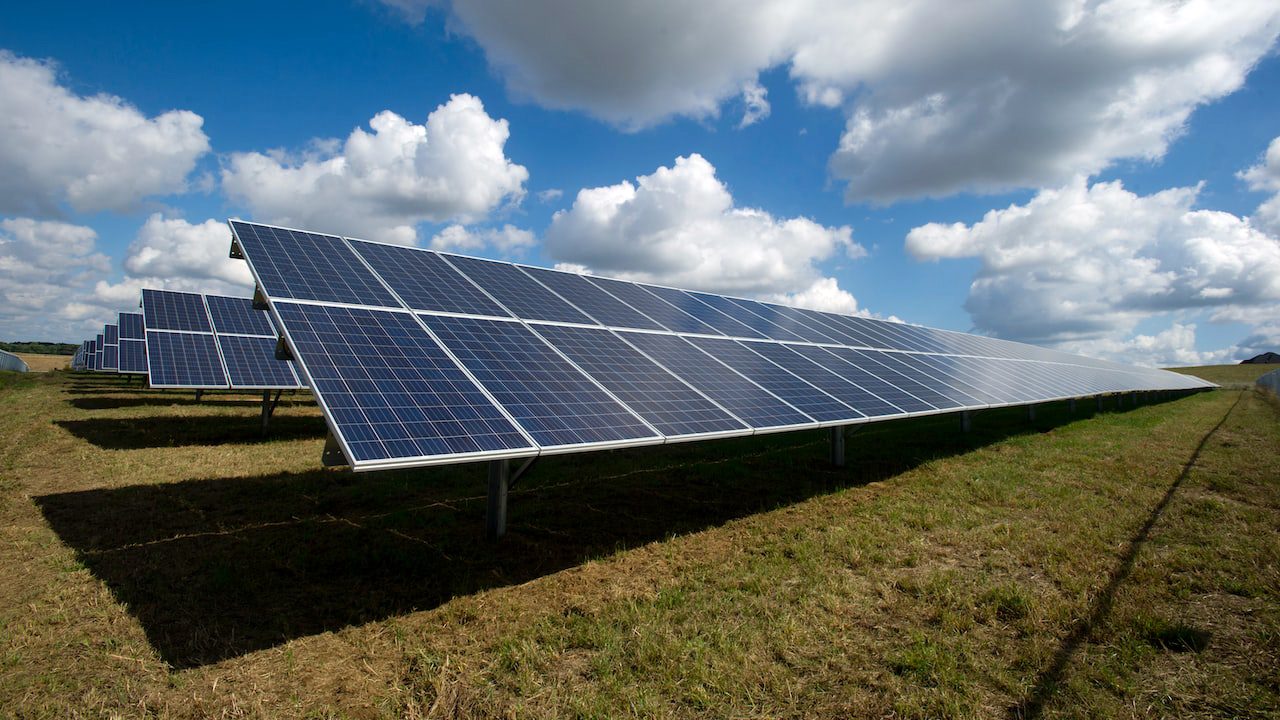As a vital component of renewable energy, solar power systems rely heavily on their performance and durability for efficient energy generation. In outdoor environments, the waterproofing capability and UV resistance of connectors play a crucial role in ensuring long-term stability and reliability of the system. In this regard, Weipu connectors have emerged as an ideal choice, offering exceptional design and functionality. This article delves into the detailed features of Weipu connectors’ waterproof and UV resistance capabilities, as well as their valuable applications in solar power systems.
The waterproof feature of Weipu connectors is a significant advantage in solar power systems, safeguarding electrical connections and cables to ensure reliable operation under various weather conditions. The key characteristics of Weipu connectors’ waterproof functionality include:
Enhanced sealing structure: Weipu connectors employ advanced sealing structures and high-quality sealing materials to effectively prevent water ingress. This robust sealing structure protects connectors from water damage, even in adverse weather conditions, minimizing the risk of electrical interface and cable failure.
IP rating certification: Weipu connectors undergo rigorous IP (Ingress Protection) rating certification, ensuring outstanding waterproof performance. Common IP ratings such as IP67 and IP68 indicate the connectors’ ability to withstand specific depths and durations, effectively preventing the intrusion of solid particles and moisture.
Moisture resistance: Weipu connectors are designed and constructed to withstand the impact of humid environments, offering excellent moisture resistance. Even under high humidity climates, these connectors maintain reliable waterproof performance, ensuring stable electrical connections.
UV Resistance Functionality:
Weipu connectors’ UV resistance enables them to withstand prolonged exposure to sunlight and effectively maintain their performance and reliability. The key features of Weipu connectors’ UV resistance include:
UV-stable materials: Weipu connectors are constructed with specially treated high-quality materials that possess excellent UV stability. These materials can resist aging and degradation caused by UV radiation, preserving the connectors’ performance over time.
Anti-UV coating: Some Weipu connectors are equipped with an anti-UV coating, further enhancing their resistance to UV radiation. This coating effectively blocks the penetration of UV rays, protecting the electrical connections and prolonging the connectors’ lifespan.
Application Value in Solar Power Systems:
In solar power systems, the waterproof and UV resistance features of Weipu connectors play a crucial role in enhancing system performance and durability, offering several advantages:
Improved system reliability: By utilizing the waterproof functionality of Weipu connectors, water ingress and the risk of electrical connection damage are minimized. This ensures the stability of solar power systems, reducing the occurrence of failures and maintenance costs.
Enhanced system durability: Weipu connectors’ UV resistance prevents aging and degradation caused by UV radiation. This means that the connectors can maintain stability even under long-term exposure to sunlight, extending the lifespan of the system.
Increased system performance and efficiency: Stable electrical connections are essential for optimal performance in solar power systems. Weipu connectors’ waterproof and UV resistance features ensure consistent performance under varying weather conditions, thereby improving system performance and efficiency.
Weipu connectors‘ outstanding waterproof and UV resistance features make them the ideal choice for solar power systems. Their reinforced sealing structures, IP rating certifications, UV-stable materials, and anti-UV coatings ensure stability and reliability in challenging environmental conditions. By fully utilizing the waterproof and UV resistance capabilities of Weipu connectors, solar power systems can benefit from enhanced reliability, durability, and contribute to the advancement and widespread adoption of sustainable energy.


